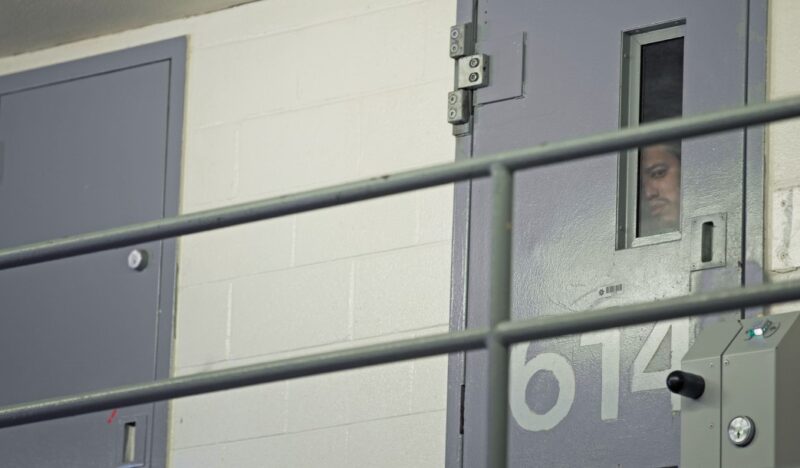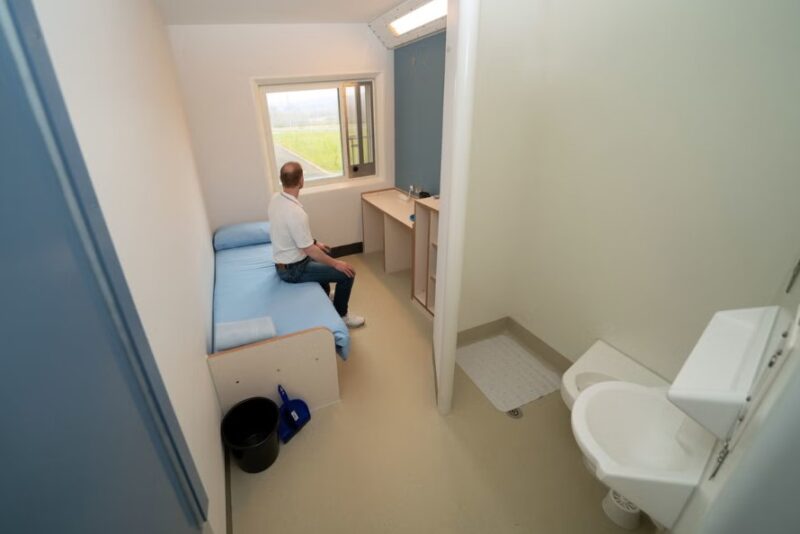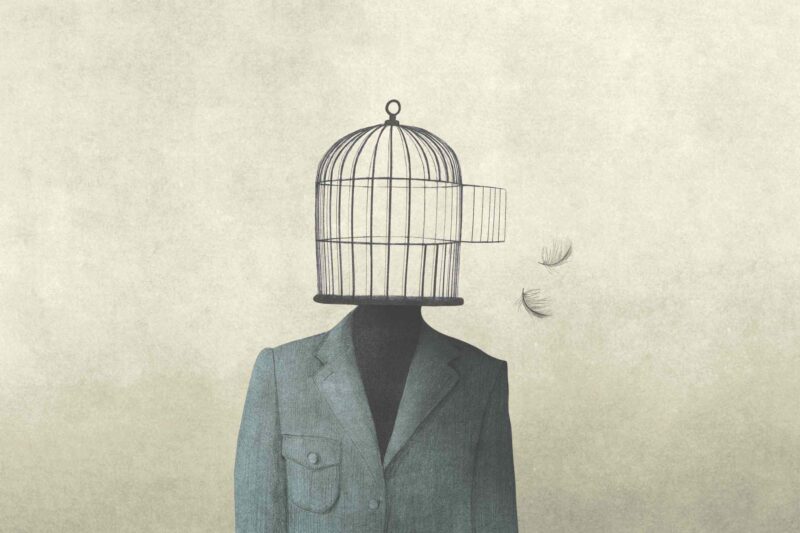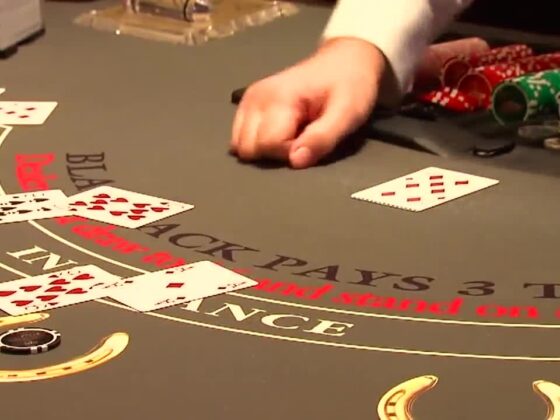Emerging from the confines of prison can be a profound, disorienting experience, often laden with anxiety and uncertainty. For many, the transition back into society is riddled with challenges that can feel insurmountable—difficulties in securing employment, rebuilding relationships, and navigating the everyday demands of life.
In the midst of this tumult, an unexpected ally has surfaced: gaming. This digital realm, once regarded merely as a source of entertainment, is now recognized for its therapeutic potential.
Whether it’s the engrossing narratives of role-playing games or the fast-paced action of multiplayer arenas, gaming provides an engaging escape, a means of self-expression, and, perhaps most importantly, a supportive community.
By immersing themselves in these virtual environments, former inmates can find not only a distraction from their anxieties but also a way to rebuild their identities, forge new connections, and regain a sense of agency. In this article, we delve into how gaming serves as a powerful tool for coping with the psychological aftershocks of incarceration, illuminating pathways toward healing and reintegration.
Understanding Post-Prison Anxiety

Post-prison anxiety is a profound challenge that many individuals face upon reintegrating into society. After the confines of incarceration, a world filled with possibilities can simultaneously evoke excitement and dread.
The stark contrast between life inside prison walls and the unpredictability of daily existence can trigger a whirlwind of emotions—fear of judgment, uncertainty about the future, and the weight of overwhelming expectations. Navigating this turbulent landscape can be daunting; everyday interactions and responsibilities may become sources of acute stress.
As former inmates seek ways to reclaim their sense of self and place in the world, understanding the nuances of this anxiety becomes crucial. Finding effective coping mechanisms is not just beneficial—it’s essential for fostering resilience and promoting mental well-being in a post-prison life.
The Link Between Incarceration and Mental Health
The connection between incarceration and mental health issues is both profound and troubling, often creating a vicious cycle that is hard to break. Individuals who have spent time in prison frequently grapple with anxiety, depression, and post-traumatic stress disorder, magnifying the struggles they face upon re-entering society.
The harsh realities of confinement—marked by isolation, violence, and a lack of access to mental health resources—can exacerbate pre-existing conditions or even lead to new ones. Once released, these individuals often find themselves navigating a daunting landscape of stigma and uncertainty, causing their mental health hurdles to feel insurmountable.
In this context, gaming emerges as a surprisingly effective coping mechanism, offering an avenue for escape, social interaction, and even a sense of achievement in a world that can feel overwhelmingly hostile. By immersing themselves in virtual environments, they can momentarily free themselves from their anxieties and rebuild their self-esteem, illustrating the power of gaming as a tool for healing and reintegration.

Conclusion
In conclusion, gaming emerges as a powerful tool for individuals grappling with post-prison anxiety, providing a unique blend of escapism, community, and personal growth. Through immersive experiences and engaging narratives, players can confront their emotions, develop coping strategies, and rebuild their self-esteem in a safe environment.
For many, including black men navigating the complex challenges of reintegration into society, gaming offers a sense of agency and accomplishment that may be elusive in their daily lives. By leveraging the interactive nature of games, individuals can cultivate resilience, form supportive connections, and ultimately foster a brighter path toward healing and reintegration.
As we continue to explore the multifaceted role of gaming in mental health, it is essential to recognize its potential as a powerful ally in the journey toward recovery and personal empowerment.


